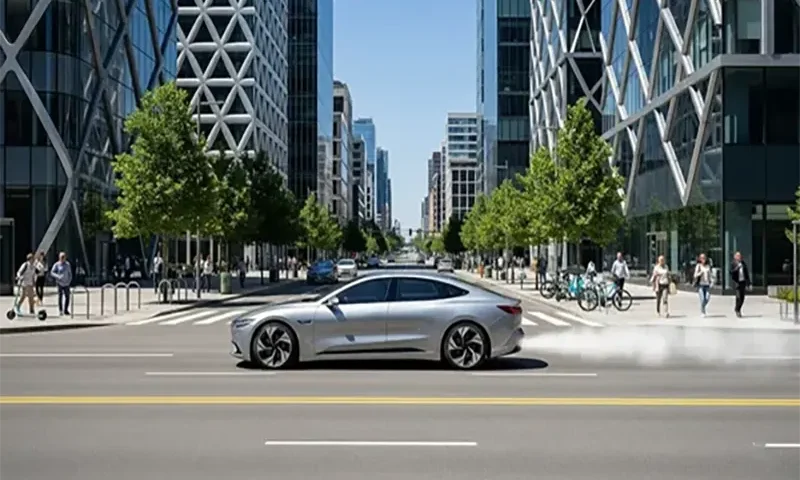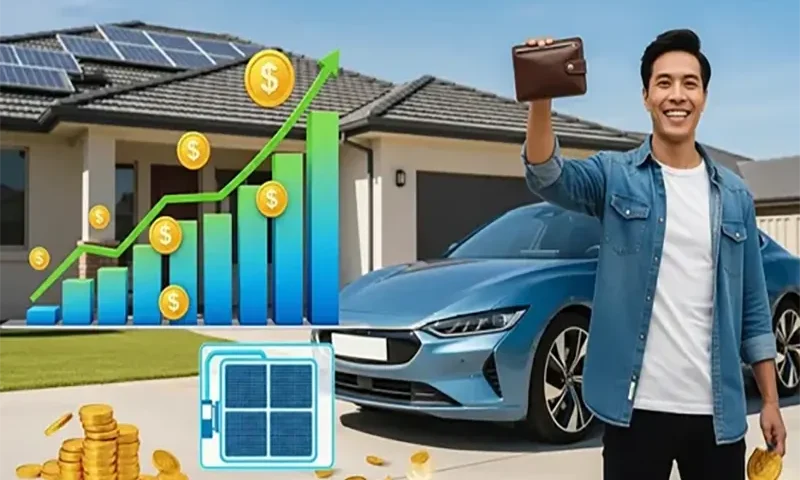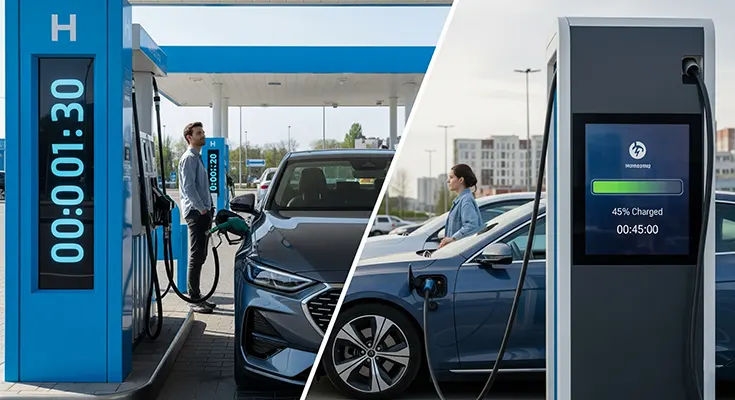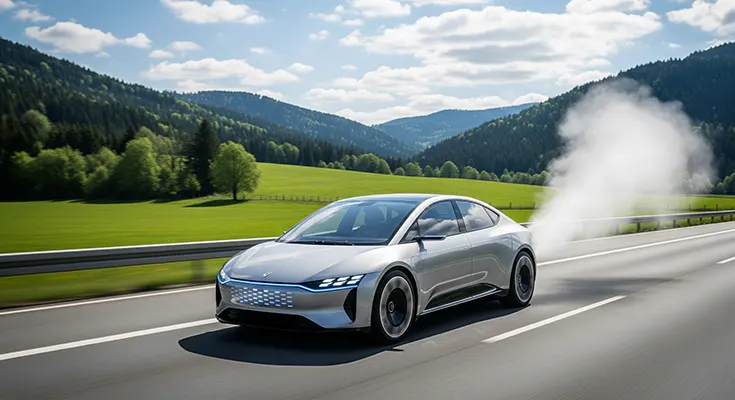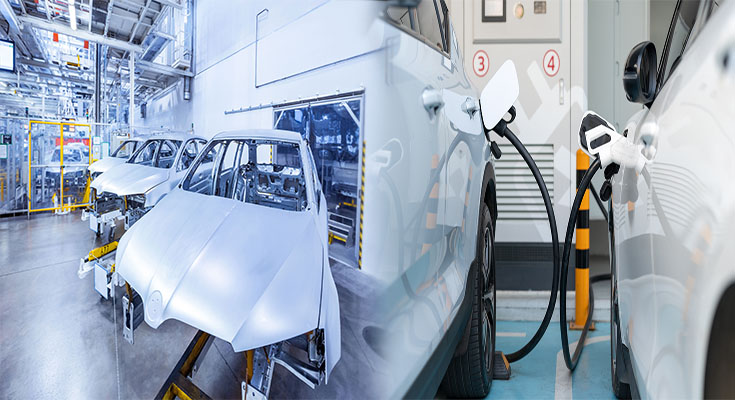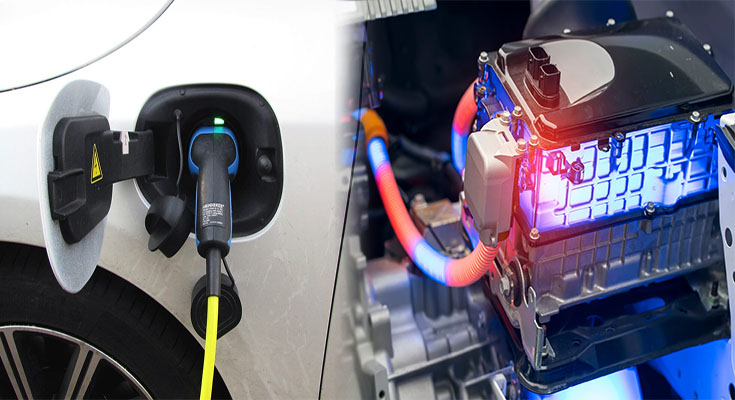The global push for sustainable transportation is driven by the urgent need to address two critical environmental challenges: climate change and urban air pollution. While the conversation often centers on battery electric vehicles (BEVs), hydrogen fuel cell vehicles (FCEVs) offer a powerful and complementary solution, particularly in densely populated urban areas where the air we breathe is most at risk. By fundamentally changing the way vehicles are powered, FCEVs are poised to play a vital role in cleaning up our cities and improving public health.
The Ultimate Zero-Emission Solution
The most significant contribution of hydrogen vehicles to urban air quality is their complete elimination of tailpipe emissions. A traditional gasoline or diesel car is a major source of a noxious blend of pollutants, including:
- Nitrogen Oxides (NOx): These gases contribute to the formation of ground-level ozone, a key component of smog, and are linked to respiratory illnesses and other

